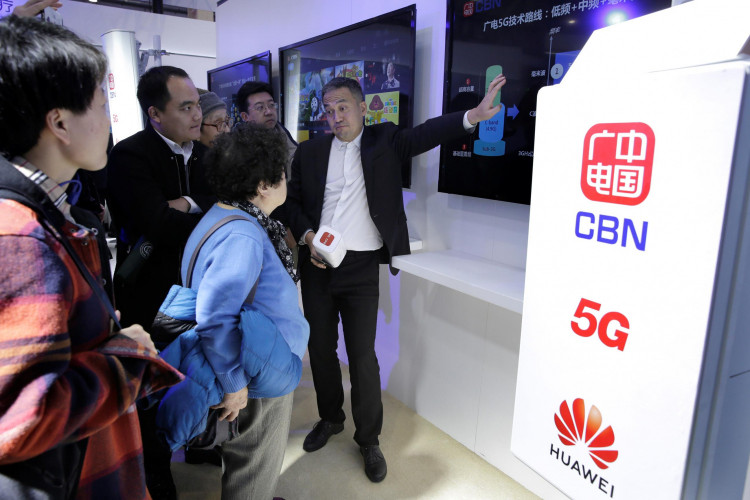The US needs to make developing reliable 5G networks simpler because international competitors like China have significant advantages over next-generation wireless technology, Reed Hundt, former FCC chairman told CNBC on Monday.
5G is a mobile network of the next generation, offering fast data rates and other features to enable emerging technologies such as self-driving cars.
"This is a national imperative," Hundt stressed, who led FCC from 1993 to 1997, during an interview with "Squawk on the Street." He said that the federal government holds the keys to unlock 5G deployment in two ways. The first, more immediate method, lies around the proposed merger between T-Mobile and Sprint in the ongoing federal lawsuit.
Wrong Approval
The case, filed by 14 attorney generals, alleges that the Justice Department and the Federal Communications Commission made a mistake in approving the deal, arguing wireless competition would be weakened and consumers hurt.
Hundt said that U.S. Judge Victor Marrero would reject the argument of the governments, primarily because the merger should make it easier to sell 5G technologies.
"This trial is very, very much about who can get the spectrum to create these 5G networks," said Hundt, who is now chief executive officer of the Green Capital Alliance, calling for greater investment in renewable energy.
Hundt discussed the settlement of the DOJ with T-Mobile and Sprint, which includes provisions that supporters say would make it easier for Dish to create 5G networks.
Dish has an agreement with the Federal Communications Commission to set up a 5G broadband network to cover one-third of the U.S. population by June 2023. If that deadline is not met, it will cost the U.S. up to $2.2 billion in payments to the Treasury.
Time to Move Fast
The second way the government can unlock 5G nationwide is if the FCC releases additional 5G spectrum from the "regulatory swamp," so businesses can buy it to build networks further, Hundt said. The U.S. military should also release its 5G spectrum to the private sector, Hundt said.
"To get this 5G technology activated, we need to hurry up in this country and address our own political and regulatory issues," he said.
In other developments, Apple is set to lose market share in China to local smartphone manufacturers that are ahead on 5G technology race, Rosenblatt Securities said.
"We remain careful about iPhone sales as recent indications point to Huawei's 5G Mate 30 smartphone beginning to gain market share in China's high-end segment," Jun Zhang, China tech analyst, said Monday in a statement.





